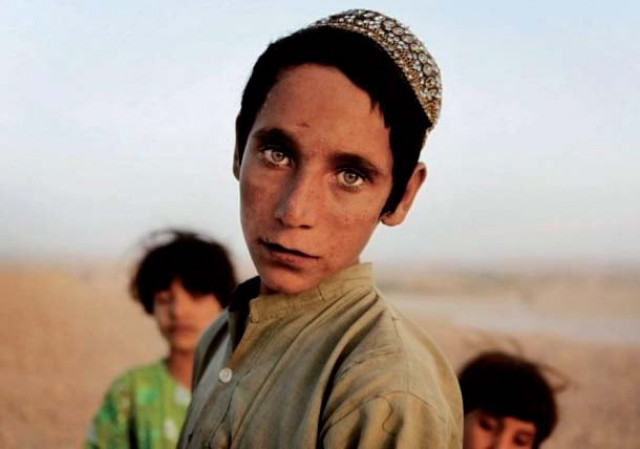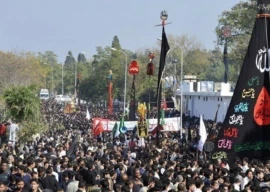
The number of Afghan refugees returning home has dropped substantially this year, with some 60,000 repatriating in the first 10 months compared to more than 100,000 over the same period in 2010, the United Nations refugee agency reported on Saturday.
The returnees included 43,000 from Pakistan, about 17,000 from Iran and less than 100 from other countries. The return figure for Pakistan was 59% lower than last year, while returns from Iran rose from 7,500 a year earlier.
“The lack of livelihood opportunities and shelter, as well as insecurity are the most frequently cited reasons for not returning,” UN High Commissioner for Refugees (UNHCR) spokesperson Adrian Edwards told a news conference in Geneva. Most Afghan refugees in Pakistan, live in Khyber-Pakhtunkhwa (K-P) and Balochistan, and originate from insecure undeveloped areas of Afghanistan. UNHCR halts its repatriation programme from Pakistan during the winter.
Nearly 3 million registered Afghan refugees, including the 1.7 million in Pakistan and 1 million in Iran, many of whom who have lived in exile for more than a quarter of a century remain in the region today with half of them born outside Afghanistan without any property in the country.
UNHCR has been actively calling for international support to help returnees settle back in their homeland. Furthermore, the refugee agency, with the governments of Afghanistan, Pakistan and Iran, is developing a multi-year (2012-2014) solutions strategy for Afghan refugees which will be presented for endorsement by the international community at a conference in early 2012.
As part of UNHCR’s voluntary repatriation programme, which is now in its 10th year, refugees coming back to Afghanistan receive an average of $150 per person to cover transport as well as the initial cost of settling back home.
The Afghan government and its partners are working to ensure sustainable reintegration, but Afghanistan’s capacity to effectively absorb additional returns is limited, said the agency.
“Some families who returned this year will need additional support to make it through the winter,” Mr. Edwards noted. “Many others don’t have land, shelter, schools and health care. These families need job opportunities to become self-sufficient.”
Comparatively, the reason for the increase in voluntary assisted returns from Iran appears to be directly linked to economic pressures and the discontinuation of subsidies on basic goods and services by the Iranian government.
Published in The Express Tribune, October 30th, 2011.


















COMMENTS
Comments are moderated and generally will be posted if they are on-topic and not abusive.
For more information, please see our Comments FAQ